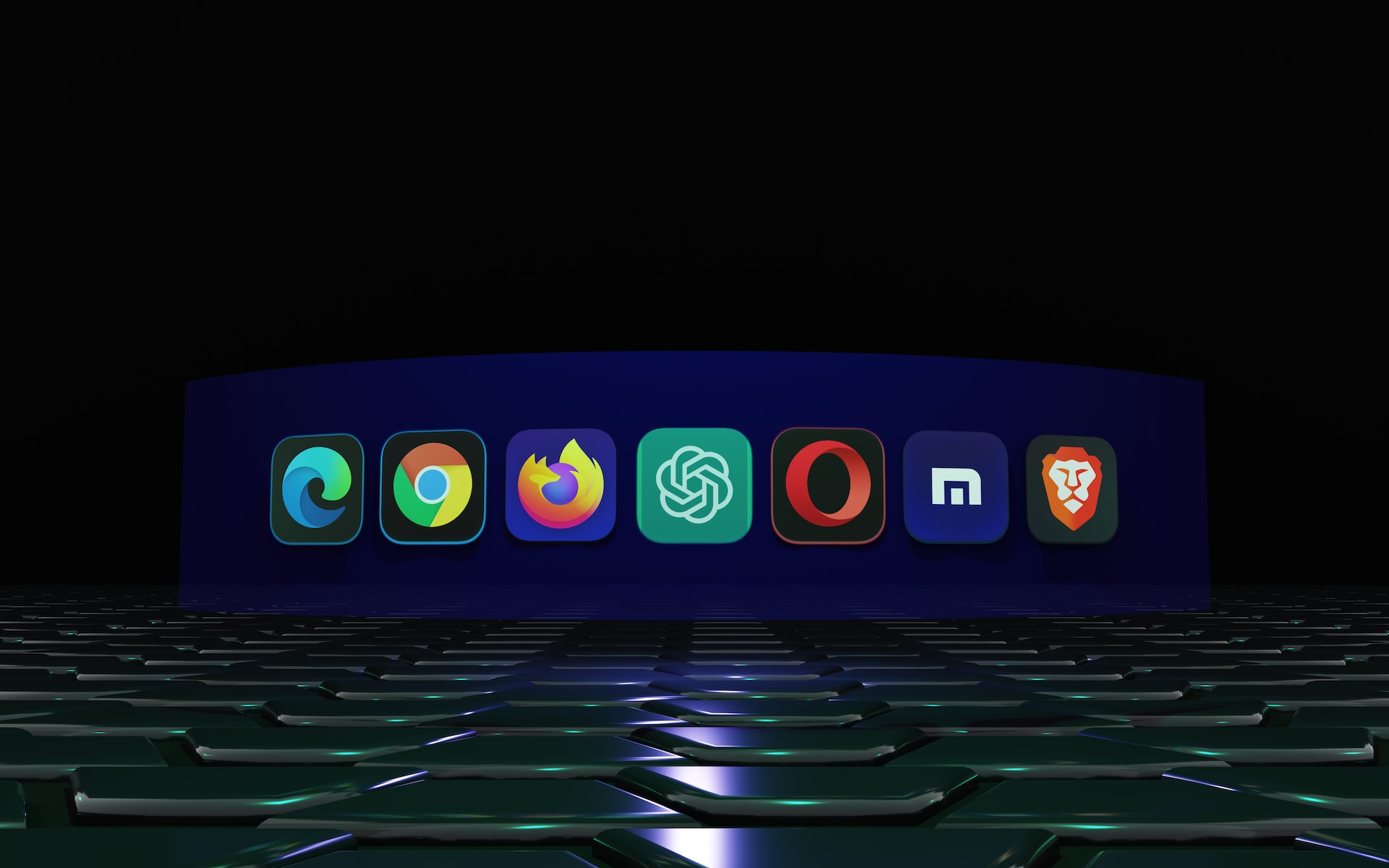Introduction:
The landscape of medicine is undergoing a significant transformation as GPT AI, an advanced artificial intelligence system, becomes integrated into healthcare processes. The integration of GPT AI holds tremendous potential to streamline various aspects of healthcare, from diagnosis and treatment to administrative tasks. In this article, we delve into the promising applications of GPT AI in medicine, explore its impact on healthcare professionals and patients, and examine the implications for the future of healthcare.
Revolutionizing Diagnosis and Treatment:
GPT AI’s integration into healthcare is revolutionizing the diagnostic process and treatment planning. By analyzing vast amounts of patient data, medical research, and clinical guidelines, GPT AI can assist healthcare professionals in making accurate diagnoses more efficiently. Its advanced algorithms and pattern recognition capabilities can uncover subtle connections and suggest potential conditions, enabling early interventions and tailored treatment strategies.
Furthermore, GPT AI’s ability to continuously learn and adapt allows it to stay up to date with the latest medical advancements. It can process vast amounts of medical literature, extracting relevant information and providing healthcare professionals with evidence-based recommendations. This integration empowers doctors with comprehensive insights, augmenting their expertise and improving patient care outcomes.
Streamlining Administrative Tasks:
In addition to enhancing clinical processes, GPT AI integration is streamlining administrative tasks in healthcare settings. AI-powered virtual assistants and chatbots can handle routine administrative duties such as appointment scheduling, medical record management, and basic inquiries. By automating these tasks, healthcare professionals can dedicate more time to direct patient care, improving efficiency and reducing administrative burdens.
Moreover, GPT AI’s natural language processing capabilities enable it to communicate with patients effectively. It can provide timely responses to inquiries, offer health education resources, and assist in triaging patients based on their reported symptoms. This accessibility and responsiveness improve the overall patient experience, ensuring that healthcare services are delivered efficiently and promptly.
Ethical Considerations and Quality Assurance:
As with any technological advancement in healthcare, the integration of GPT AI raises important ethical considerations. Patient privacy and data security must be prioritized to protect sensitive medical information. Strict protocols and robust security measures should be implemented to safeguard patient confidentiality and comply with relevant regulations.
Quality assurance is another critical aspect when incorporating AI systems into healthcare. Regular monitoring, validation, and ongoing evaluation of GPT AI’s performance are essential to ensure its accuracy, reliability, and effectiveness. Continuous improvement and collaboration between AI developers, healthcare professionals, and regulatory bodies will help address potential biases, errors, or limitations and ensure the responsible use of this technology.
A Collaborative Future:
It is important to emphasize that GPT AI integration does not replace the role of healthcare professionals; rather, it enhances their capabilities and supports collaborative decision-making. The human touch and empathetic care provided by doctors and other healthcare providers remain indispensable in patient care. GPT AI acts as a powerful tool, empowering healthcare professionals with valuable insights and enabling them to make well-informed decisions in partnership with patients.
Looking Ahead:
The integration of GPT AI into healthcare heralds a new era in medicine, where technology plays a transformative role in improving healthcare delivery. As AI continues to evolve and refine its capabilities, its integration will become more widespread, benefiting both healthcare professionals and patients. However, careful attention must be paid to ethical considerations, patient privacy, and ongoing quality assurance to ensure the responsible and effective use of AI in healthcare.
Conclusion:
The integration of GPT AI in healthcare processes marks a significant advancement in medicine, streamlining diagnosis, treatment, and administrative tasks. By harnessing the power of AI, healthcare professionals can deliver more efficient and precise care, ultimately improving patient outcomes. As we embrace this new era.




